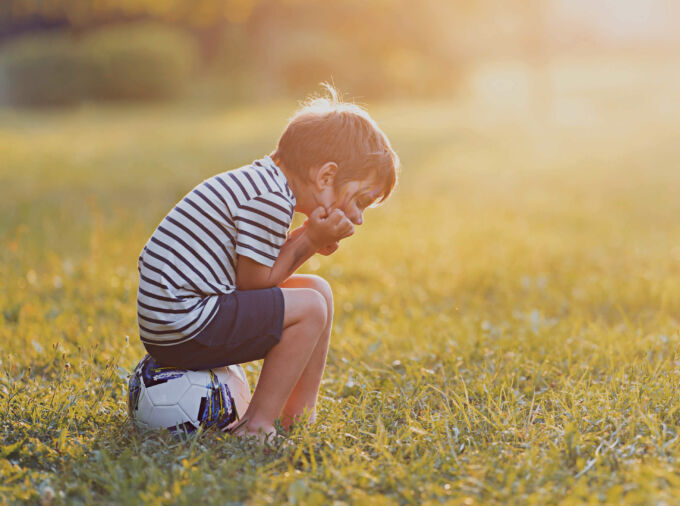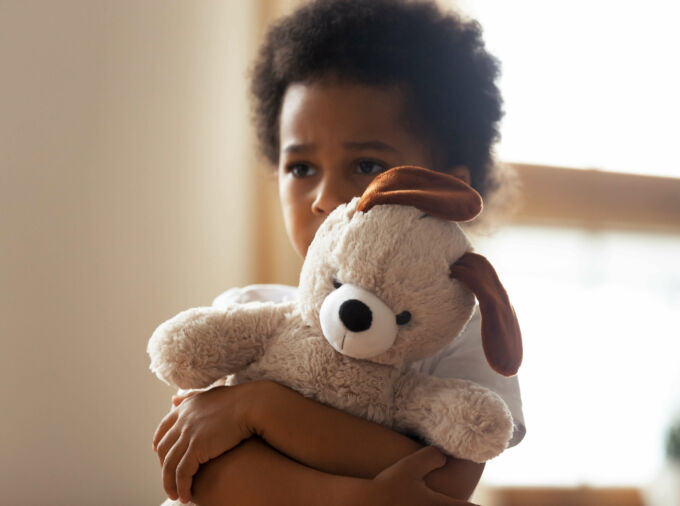
Understanding Loss
It's cliché but true: loss is a part of life. Whether it’s transitioning from a crib to a “big kid bed” or experiencing the death of a loved one, people of all ages regularly encounter loss and grief.
What is Loss?
Loss is the experience of being deprived of something valuable or significant, whether it be a person, a possession, an opportunity, or even an aspect of self.
What is Grief?
Grief is a normal, healthy response to loss.
Children's Grief by Age
Kids and teens grieve differently than adults do. The manifestations of their grief experience change over time based on developmental stages.
Kids need to see trusted adults experience grief and loss
As adults, we’re often conditioned to repress or downplay our own big feelings—and the young people in our lives notice. By trying to “be strong” and act like nothing phases us, we may inadvertently communicate to kids that their feelings should be ignored. When we ignore our own emotions, it becomes almost impossible to respond to others with empathy and compassion.
Grief Has No Timeline
Many of us carry preconceived ideas about how long it should take someone to “get over” a loss. The reality is, we don’t “get over” loss; we learn to integrate it. Understanding this is critical to supporting a child, teen, or adult who is navigating a loss of any kind.
In this video from the website Grief Sucks, fifteen year-old Lorenzo talks about feeling the pain of loss many years after his father died.
There's no timeline for grief. Loss does not have to be recent for it to impact the child or teen. If there’s an event at school where dads are invited and the child’s father-figure has been dead or incarcerated for a number of years, their grief can be activated and can manifest in their behavior.





